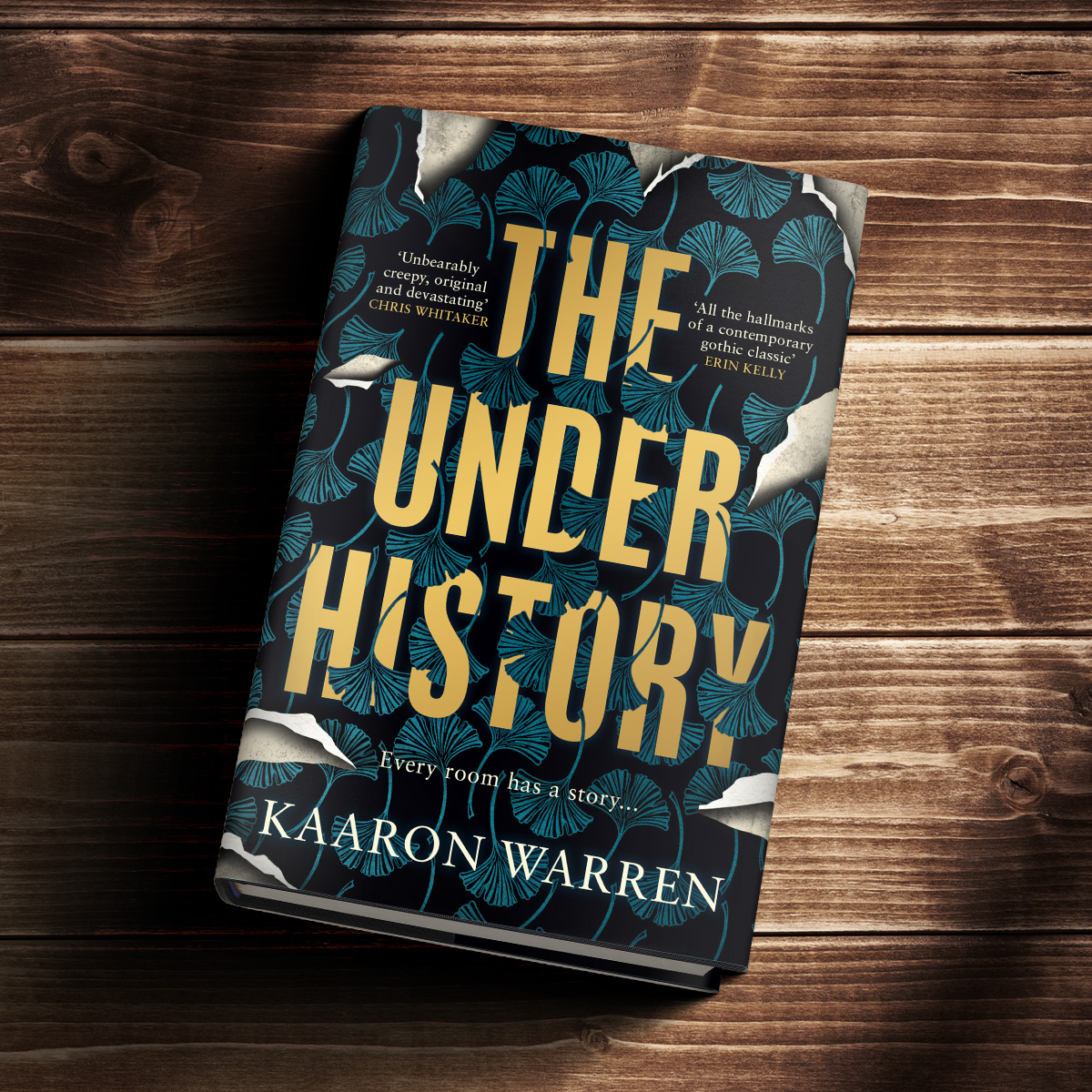
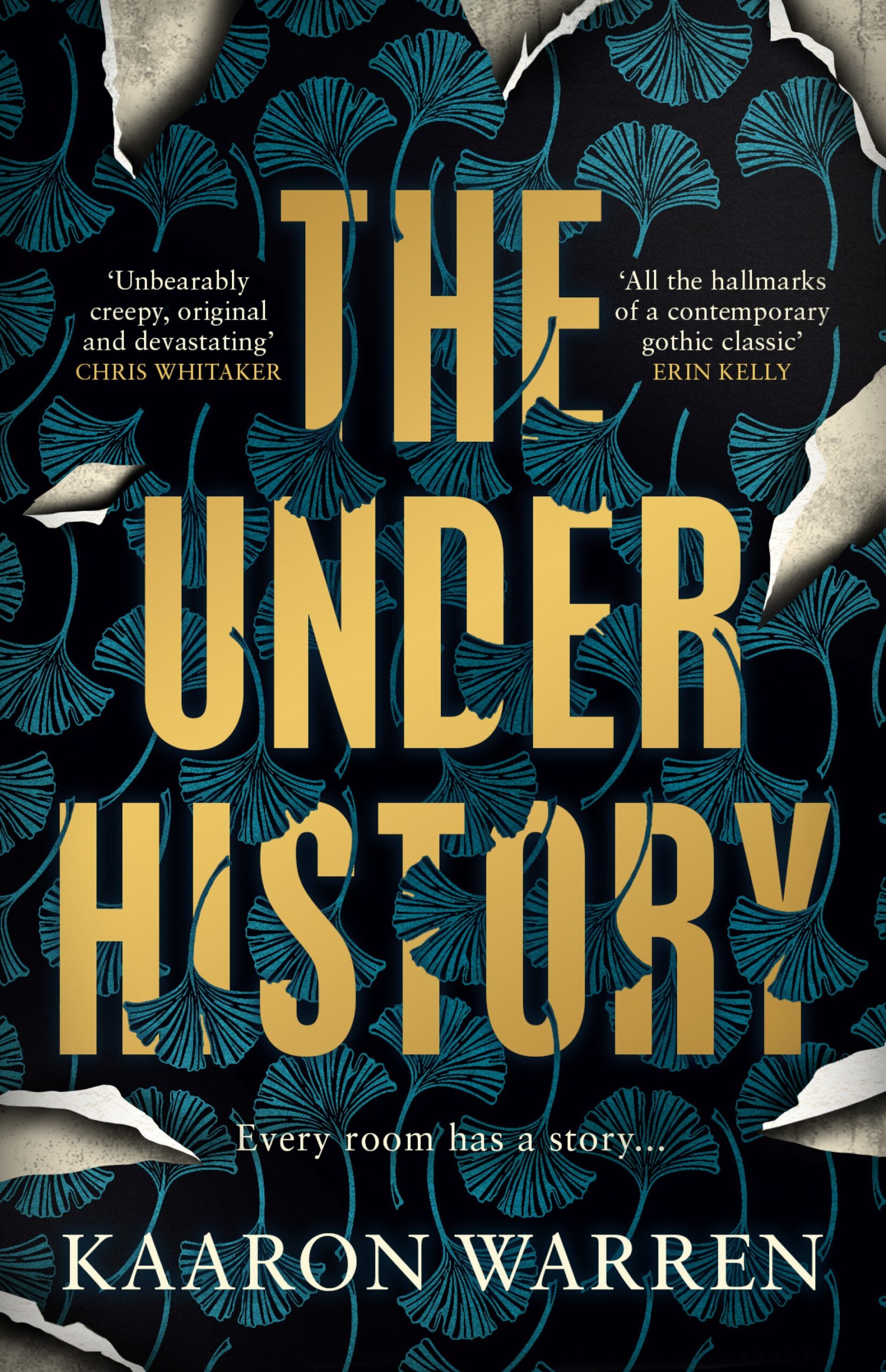 ‘Hauntingly creepy’ – ERIN KELLY
‘Hauntingly creepy’ – ERIN KELLY
‘A unique jewel of a book’ – LIZZY BARBER
‘A heartfelt and chilling gothic tragedy’ – CHRIS WHITAKER
People come to visit my home and I love to show them around. It’s not the original house of course. That was destroyed the day my entire family died. But I don’t think their ghosts know the difference.
Pera Sinclair was nine the day the pilot intentionally crashed his plane into her family’s grand home, killing everyone inside. She was the girl who survived the tragedy, a sympathetic oddity, growing stranger by the day. Over the decades she rebuilt the huge and rambling building on the original site, recreating what she had lost, each room telling a piece of the story of her life and that of the many people who died there, both before and after the disaster. Her sister, murdered a hundred miles away. The soldier, broken by war. Death follows Pera, and she welcomes it in as an old friend. And while she doesn’t believe in ghosts, she’s not above telling a ghost story or two to those who come to visit Sinclair House.
As Pera shows a young family around her home on the last haunted house tour of the season, an unexpected group of men arrive. One she recognises, but the others are strangers. But she knows their type all too well. Dangerous men, who will hurt the family without a second thought, and who will keep an old woman alive only so long as she is useful. But as she begins to show them around her home and reveal its secrets, the dangerous men will learn that she is far from helpless. After all, death seems to follow her wherever she goes…
Sinister and lyrical, The Underhistory is a haunting tale of loss, self-preservation and the darkness beneath.
Available from: Waterstones | Bookshop.org | Amazon
1
SINCLAIR HOUSE, 1993
Looking back, Pera figured out that at the very moment Ike shot his first victim in the jailbreak, she was cleaning up the blood spilled by a visitor who fainted after seeing the rat king. It wasn’t a big spill, but she knew from past experience that even a small amount of blood would smell bad in a couple of days. It was always the Underhistory, the cellar, that got them. Sometimes it was fright, or tiredness, or the closeness of the air. But if someone was going to collapse, that’s where they’d do it.
It was the second-to-last Sinclair House tour of the season, and admittedly her heart wasn’t in it. Usually she’d pack up and leave after the last tour, to be away during flood season. But she was tired. This year, she would stay at home.
After that tour, she had gone into town for the last time, pulling into a parking spot right in front of the hair salon and giving herself a cheer. You never wanted to be late for an appointment with Marcia.
Pera had walked through the door with minutes to spare. Marcia glanced up and rolled her eyes.
‘How are you, Marcia?’
‘Running behind, as usual. Everybody’s always late.’ Marcia had ideas about herself and cutting hair in this small country town weren’t among them. Pera cursed Claudia for being away; usually a haircut meant a house call and an excuse for gossip and champagne. Pera wasn’t keen on Marcia’s cuts but she had been desperate; she looked like an old hag. And Marcia had a loser for a husband, so Pera tried to be kind to her. ‘So, what miracle do you want me to perform today?’ Marcia said.
What Pera had seen in the mirror was not who she was. At heart, she was thirty-three. She dressed young but the wrinkles? There was little she could do about them apart from a face-lift and she didn’t want that stretched leather look.
She had picked out a new lipstick from Marcia’s selection. ‘Bit bright for your age, isn’t it?’ Marcia had said, and Pera had said, ‘You know how much I like colour!’ primping at her hair. She wasn’t bothered by these slights; they said more about Marcia than they did about her. Pera never left the house underdressed. She had a lovely silk scarf she bought in Dublin, shoes from Italy and her Chanel suits she would not be without.
The previous customer paid up, grumbling, and Pera had waited until Marcia gestured her into the chair, where she poked Pera’s hair. ‘Had a go at this yourself, did you?’ She had started combing Pera’s hair, tugging at knots Pera didn’t think were really there.
‘You’re hurting me,’ she had said. ‘Marcia? Can you be a bit more gentle?’
‘Jesus Fucking Christ,’ Marcia had said.
‘Is everything all right, Marcia?’
The phone had rung and Marcia had answered it, launching into a tirade. Pera had decided she’d rather wear her hair in a bun until Claudia came back than let this woman cut it in this state of mind, so she had removed the apron and sidled out of the shop without Marcia even noticing. She had too much to do to waste her time sitting there.
There were conversations every step as she did her shopping, with the wonderful Gwennie – seventy-five, bright and lively, she still cleaned her own gutters – and with Mrs Robertson, dressed as ever as if she were going to the opera; tailored jacket, silver and pearl brooch, diamond-studded watch. She carried a mahogany walking stick but mostly used it to wave at people.
Pera liked her small town; here, people knew her. Elsewhere she was old and could wait and wait and not be noticed in a shop. She was invisible. Here, she was still Pera from Sinclair House, the sole survivor, their famous girl.
‘I thought you were off to Melbourne?’ Mrs Robertson had asked. ‘Your annual?’
‘New Zealand, actually. Stocking up on non-perishables so I have things waiting for me when I get back.’
‘I hope you’ve let the district nurse know. You know how awful she gets when she doesn’t!’ Mrs Robertson had eyed the milk and cheese but had said nothing. ‘You enjoy yourself,’ she said, patting Pera’s arm. ‘Did you hear? Mrs Bee’s Wayne is getting out of jail. She’s had a phone call from him. She’s that pleased!’
‘I hadn’t heard,’ Pera had said. She had written to Mrs Bee, telling her the lie about New Zealand, feeling bad about it but knowing it was all part of the deception.
‘Didn’t our Marcia go out with him for a while? Lucky escape, that one! For him, I mean!’ The two women had chuckled.
‘But between you and me, I think Mrs Bee is confused. They’re not letting that boy out. They locked him up and threw away the key for what he did.’
On the way out with her shopping bags Pera tripped and fell, cutting her knees badly on the corner of the kerb and twisting her ankle as well. Everybody fussed, wanting to call an ambulance. ‘No, no, I have a tour coming,’ she said. She did have one last group.
Later, when Pera had arrived home, the man from the stables had come to take her horses away. ‘Off for a month, are you? Where is it you’re going?’
‘New Zealand! Lucky old me. I’ll send you a postcard,’ Pera had said. The lie had come smoothly off her tongue, after weeks of convincing people she was leaving town. ‘One more tour and I’ll be off to the land of the long white cloud.’ She travelled most years. She’d planned to go back to Greece, but that seemed exhausting, so she’d booked New Zealand, but even that felt too much. Instead she had decided to stock up on food, barricade herself in and sleep, read, rest.
‘I’ll take good care of these beauties,’ the man had said, stroking the mane of one of her horses.
‘You always do,’ Pera had said. She knew she should just let him keep them for good, but they provided her comfort. If she heard a whicker or neigh, she could be sure it was a real horse out there, not a ghost.
***
The blood in the cellar was cleaned away and the preparations for the last tour of the season were nearly done. On the third floor, Pera shifted the dusty mannequin dressed in a bloodied butcher’s apron to the side, pushed a panel and opened the concealed door to her private stairway.
She’d added the secret door because people had no boundaries. No matter how many ‘Private: Do Not Enter’ signs she put up, people stamped up the stairs looking for her, wanting things, asking questions. She loved her apartment; so bright and sunny, so different from the rest of the house, which was full of history and stories. Up here there was simply the present and that was refreshing. It was a perfect space for a single person, making a small fourth floor. She had two bedrooms and too many closets, full of books, jewellery, memorabilia and clothing.
She spent a moment gazing out the window at the astonishing lawn full of flowers, all of them grown from the tributes she’d laid out there decades ago. She called Mrs Bee in Queensland, worried about the gossip she’d heard about Wayne getting out of jail – he always caused her grief – but there was no answer. Pera left a message and promised herself to call back in the evening.
Then she showered, spending too long but unwilling to leave the hot, comforting pressure of the water. She sang in the shower
at the top of her voice, Puccini’s ‘O mio babbino caro’. It always calmed her.
That calm left when she saw herself in the mirror. She again cursed the fact that Claudia, dear friend and hairdresser who would usually come to her to do her hair, was away, and that bloody Marcia in town, the cow, had been so bad-tempered she hadn’t had the haircut and dye-job she desperately needed. She washed her hair, then brushed it back. She’d tie it in a bun and play the little old lady for this tour group.
They never minded that. Her ankle was sore from her fall, so she took a cane out of the umbrella stand. Even better.
When she had a tour going through, she could mark off hours reliably. If not, only the clocks marked time and they were not trustworthy.
Just this last tour, then she could rest.











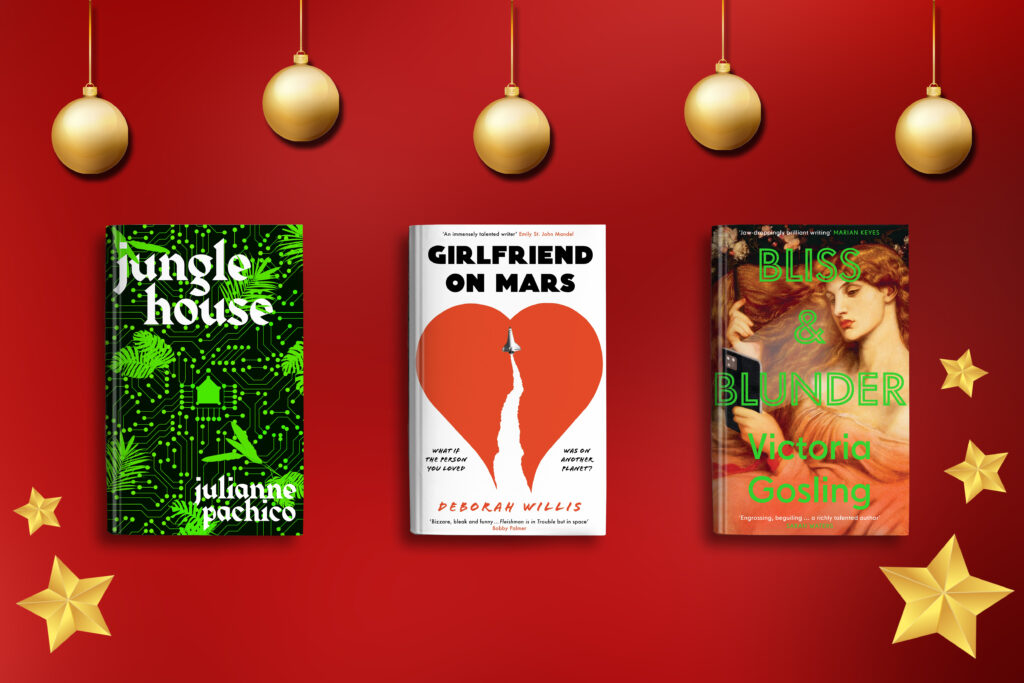
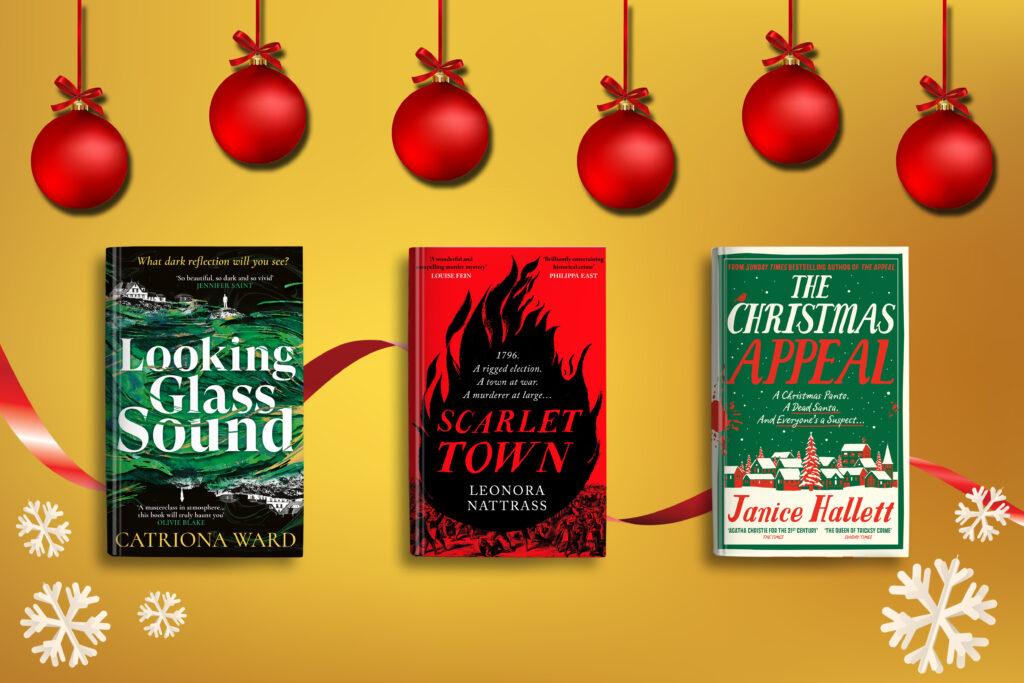


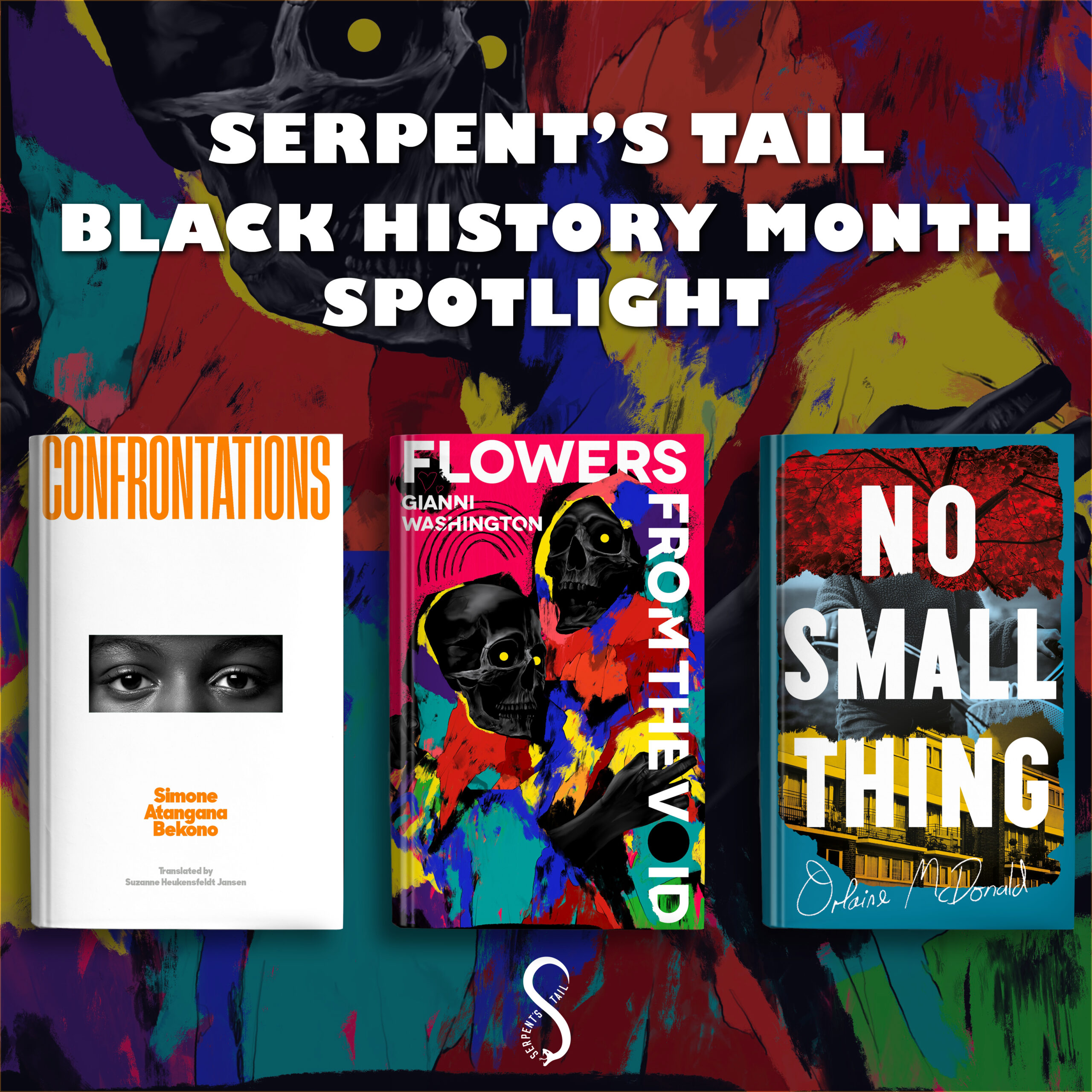
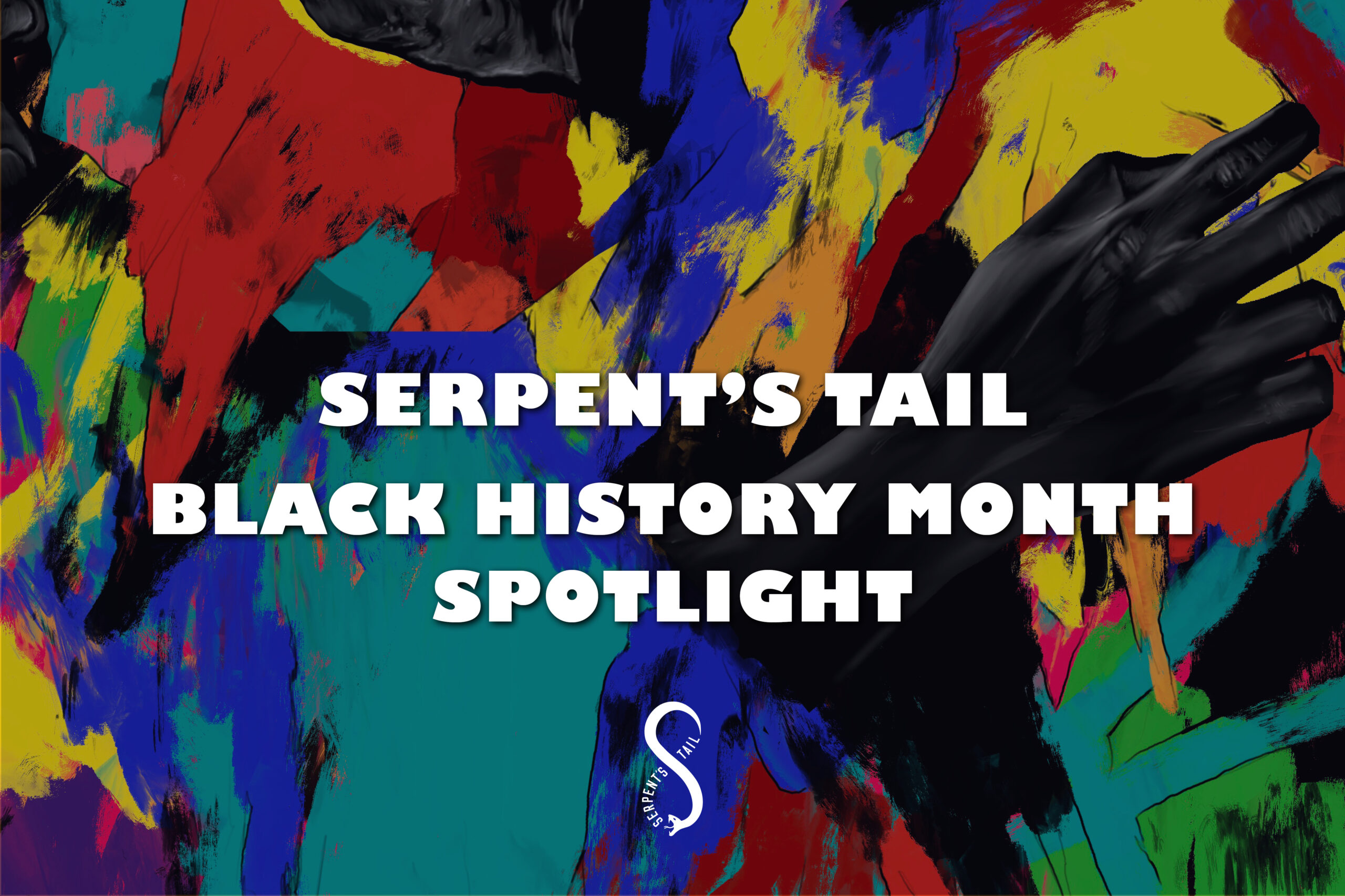
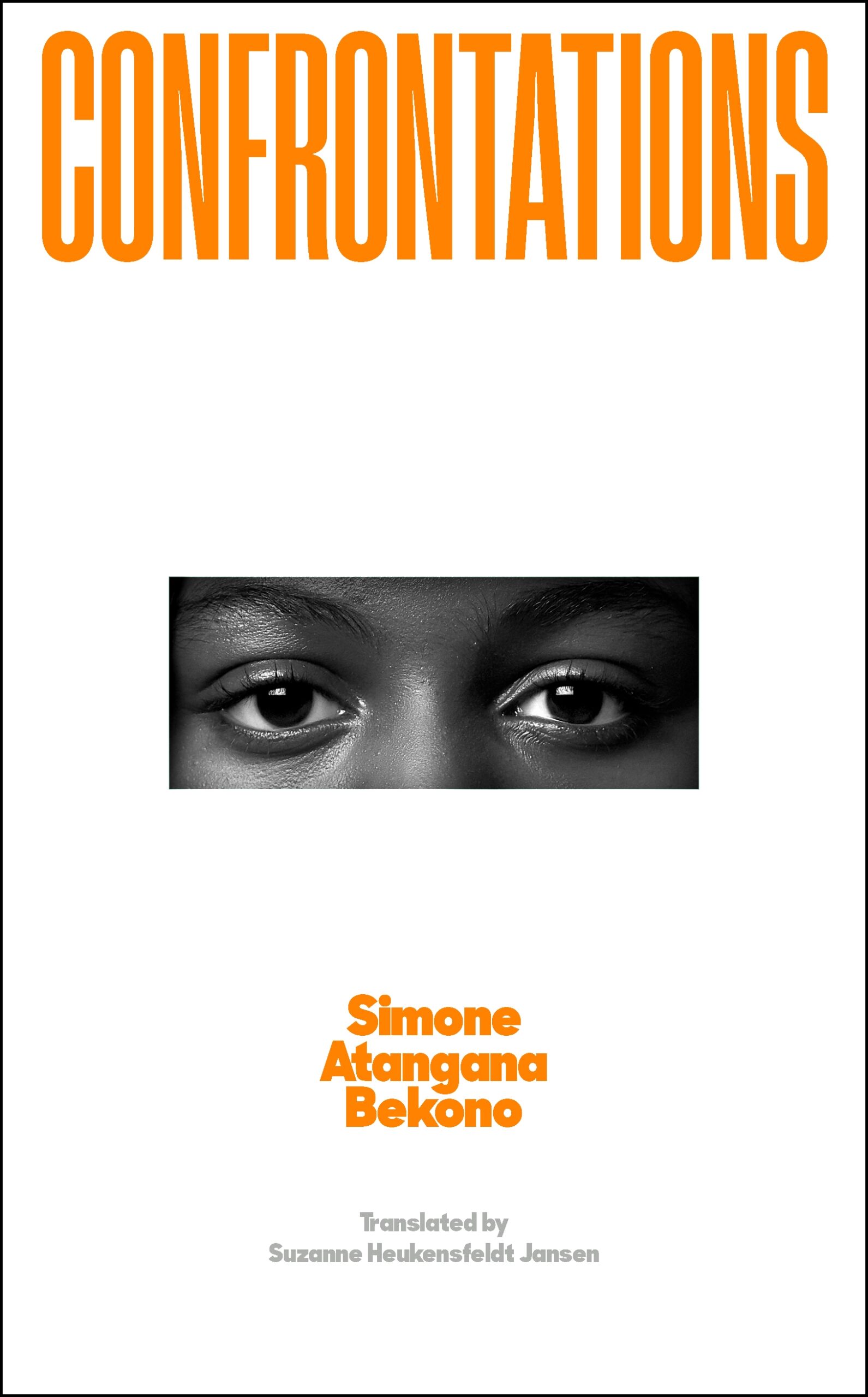
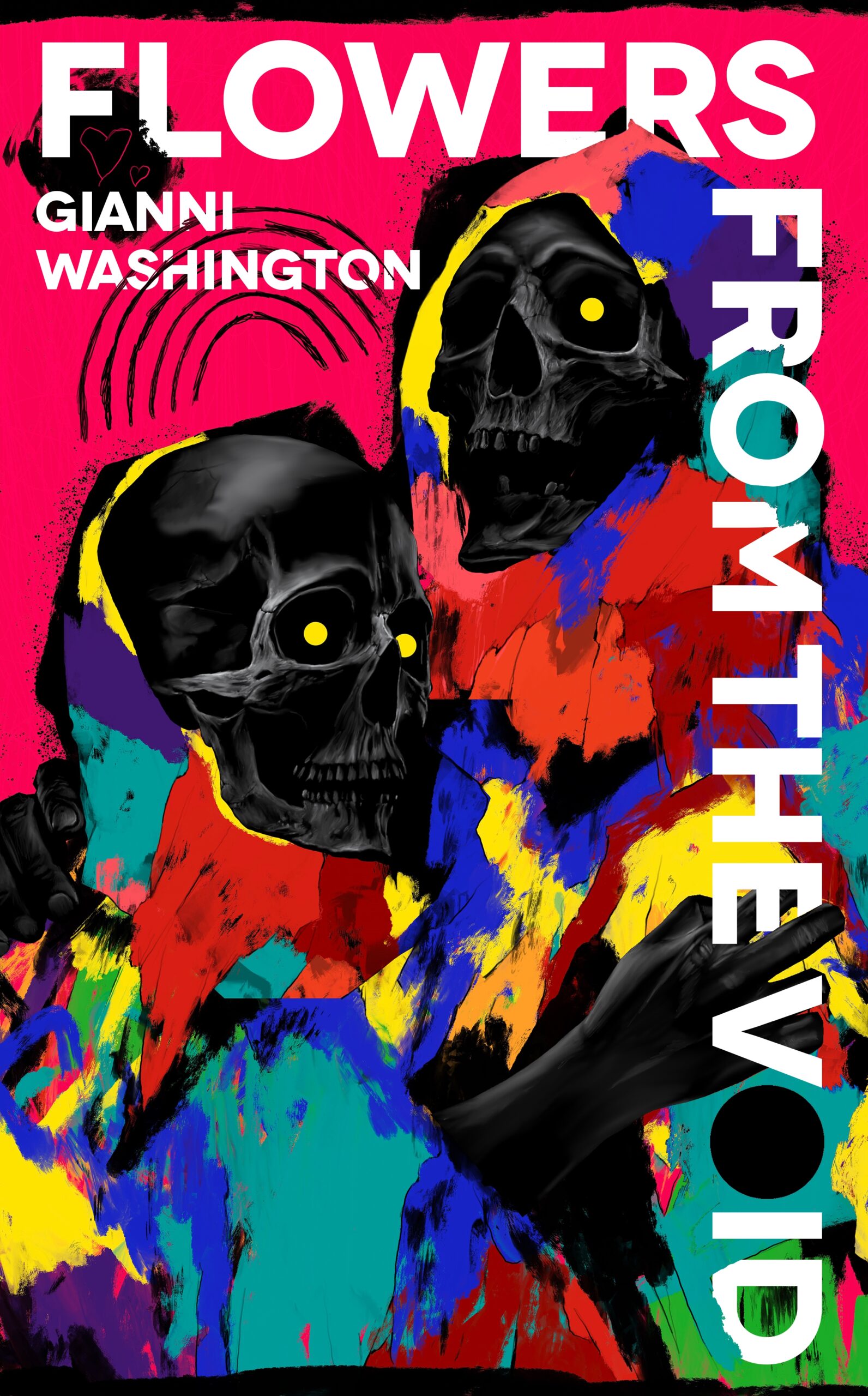
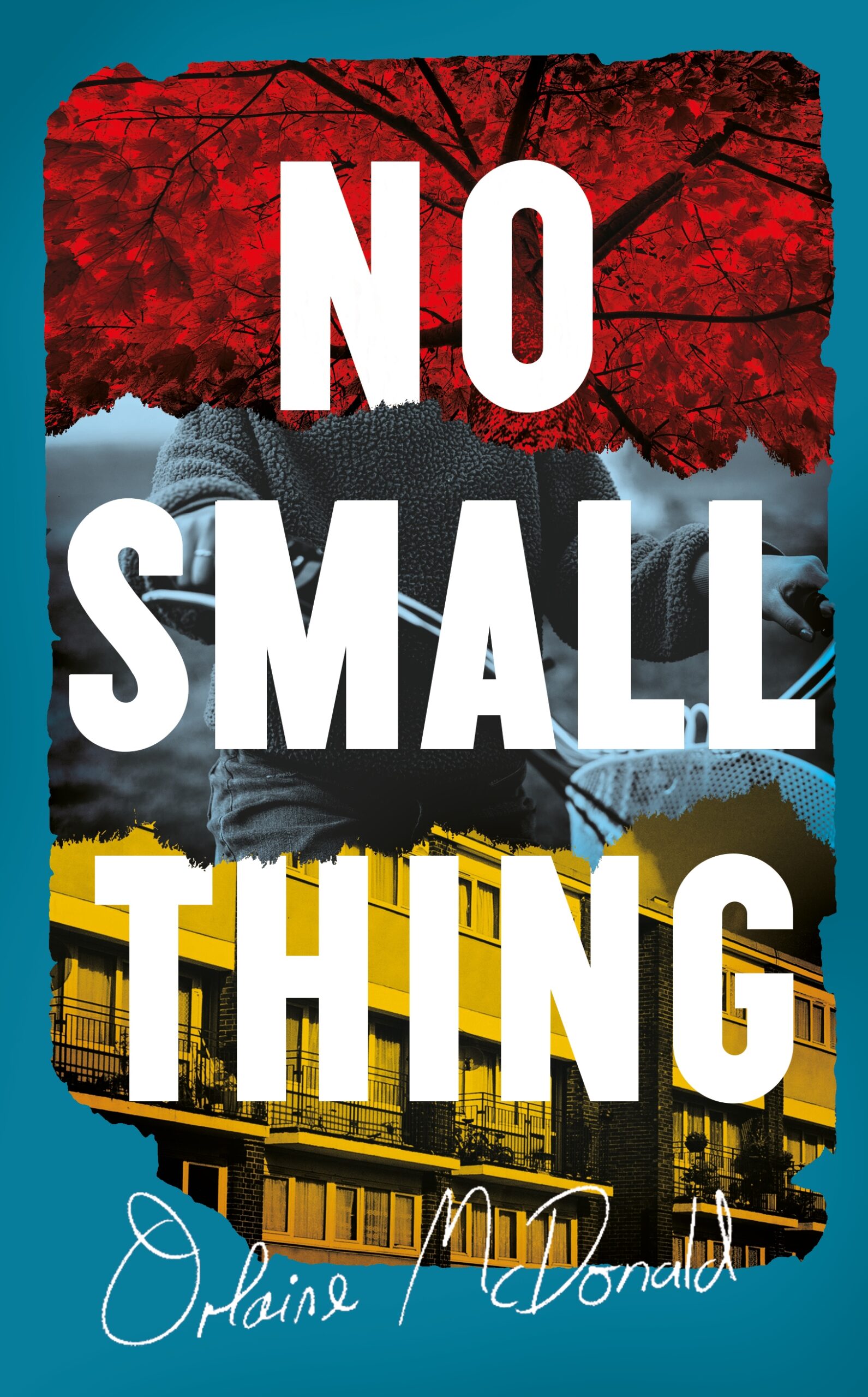
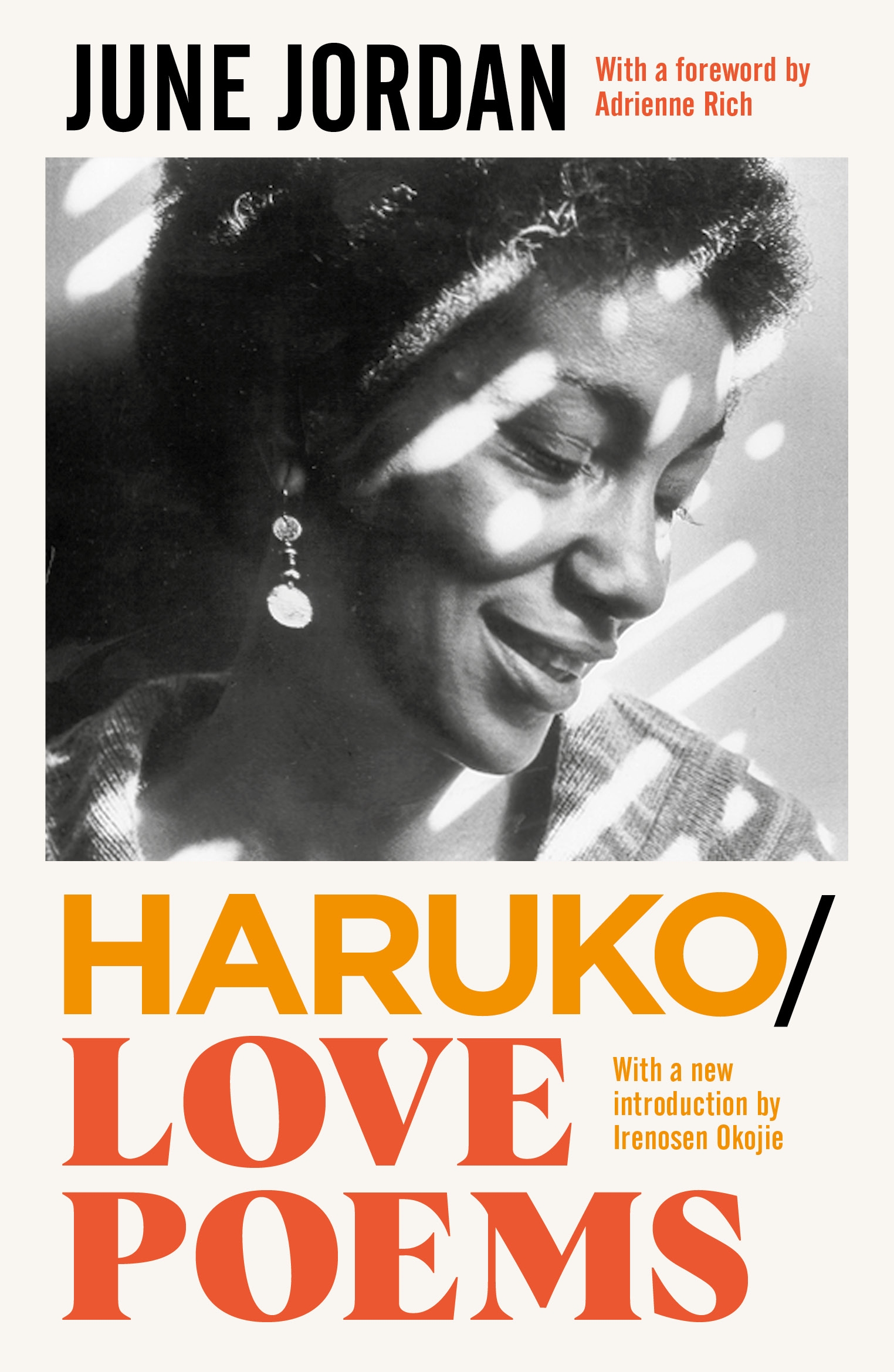
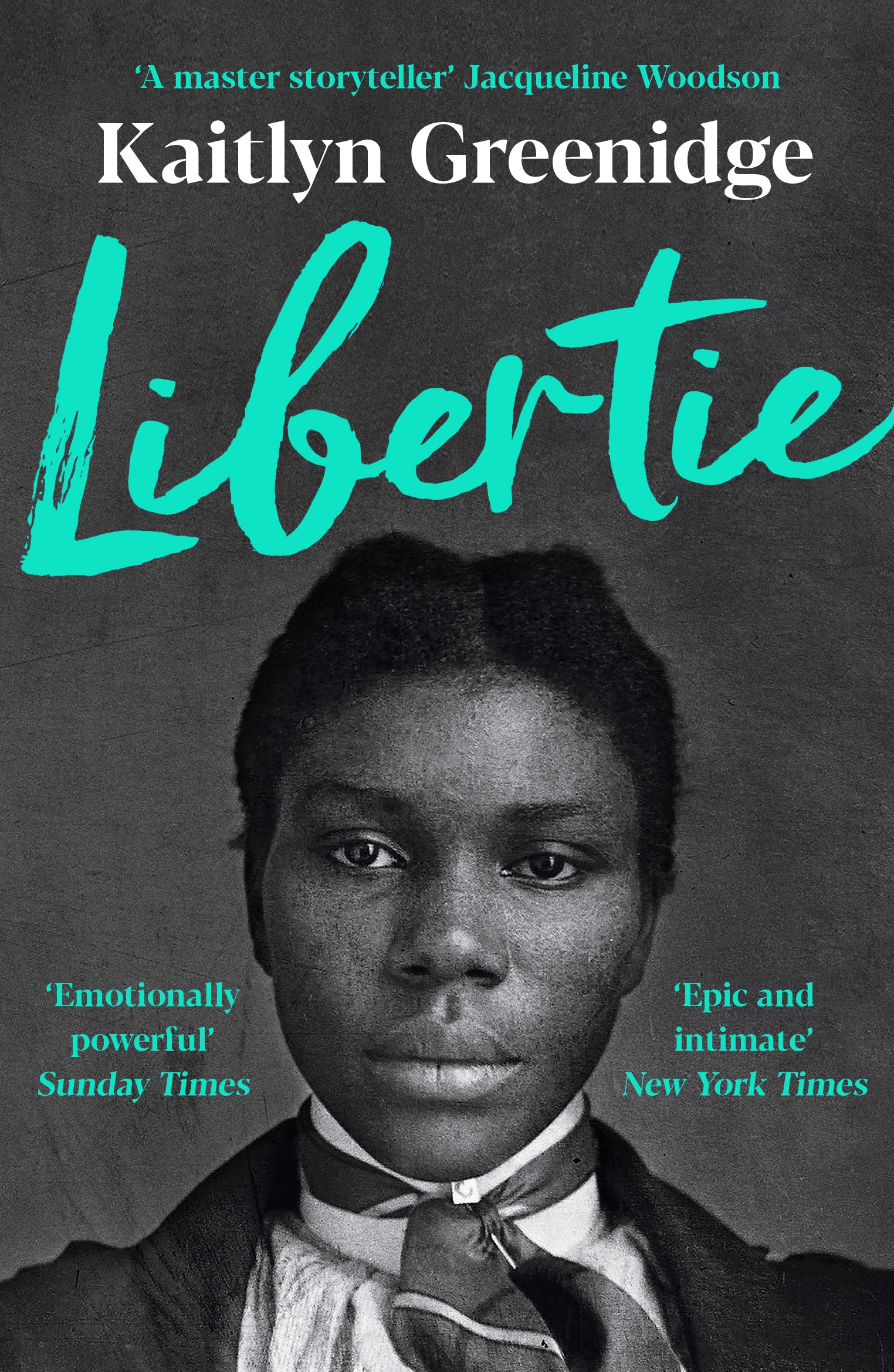
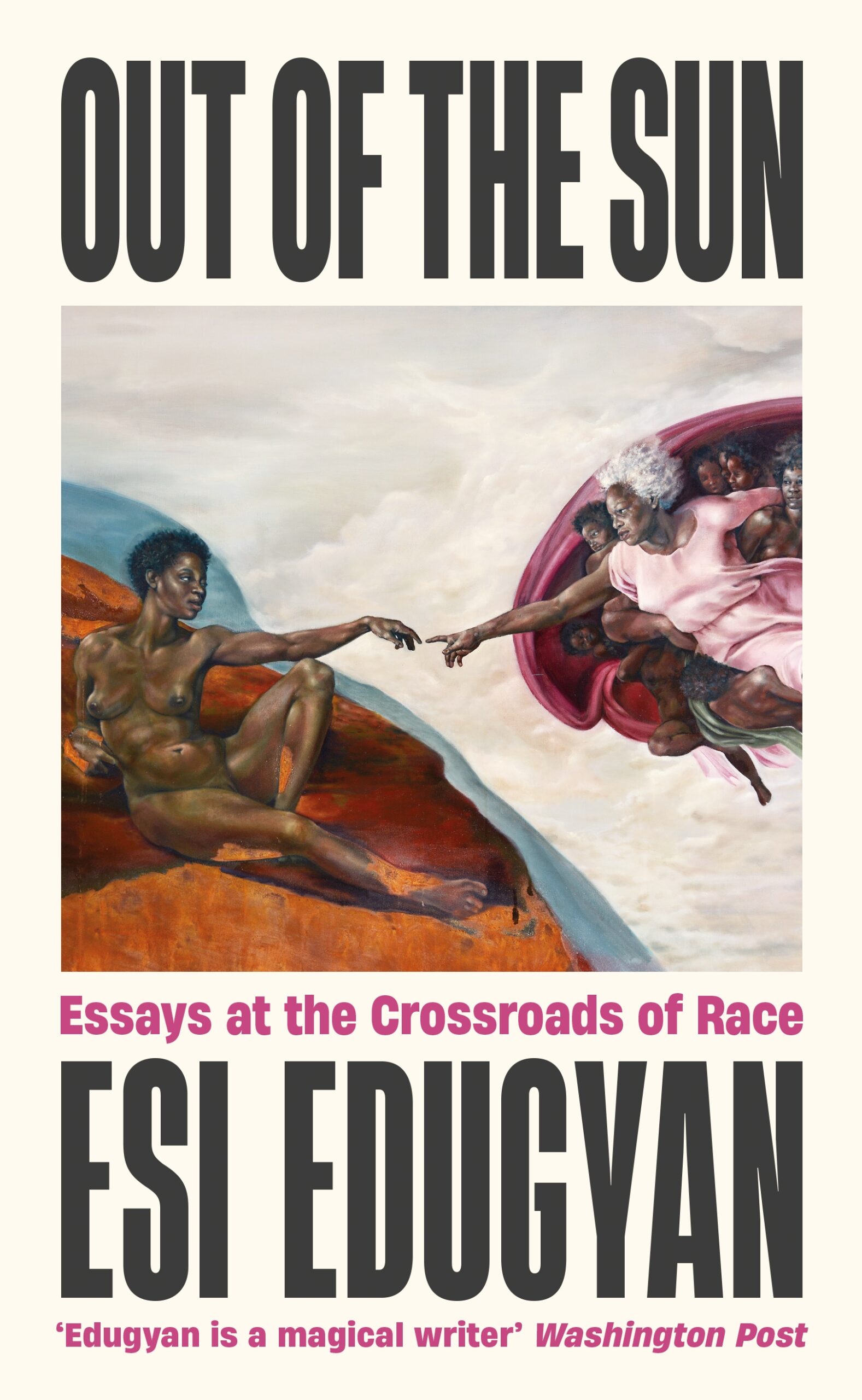
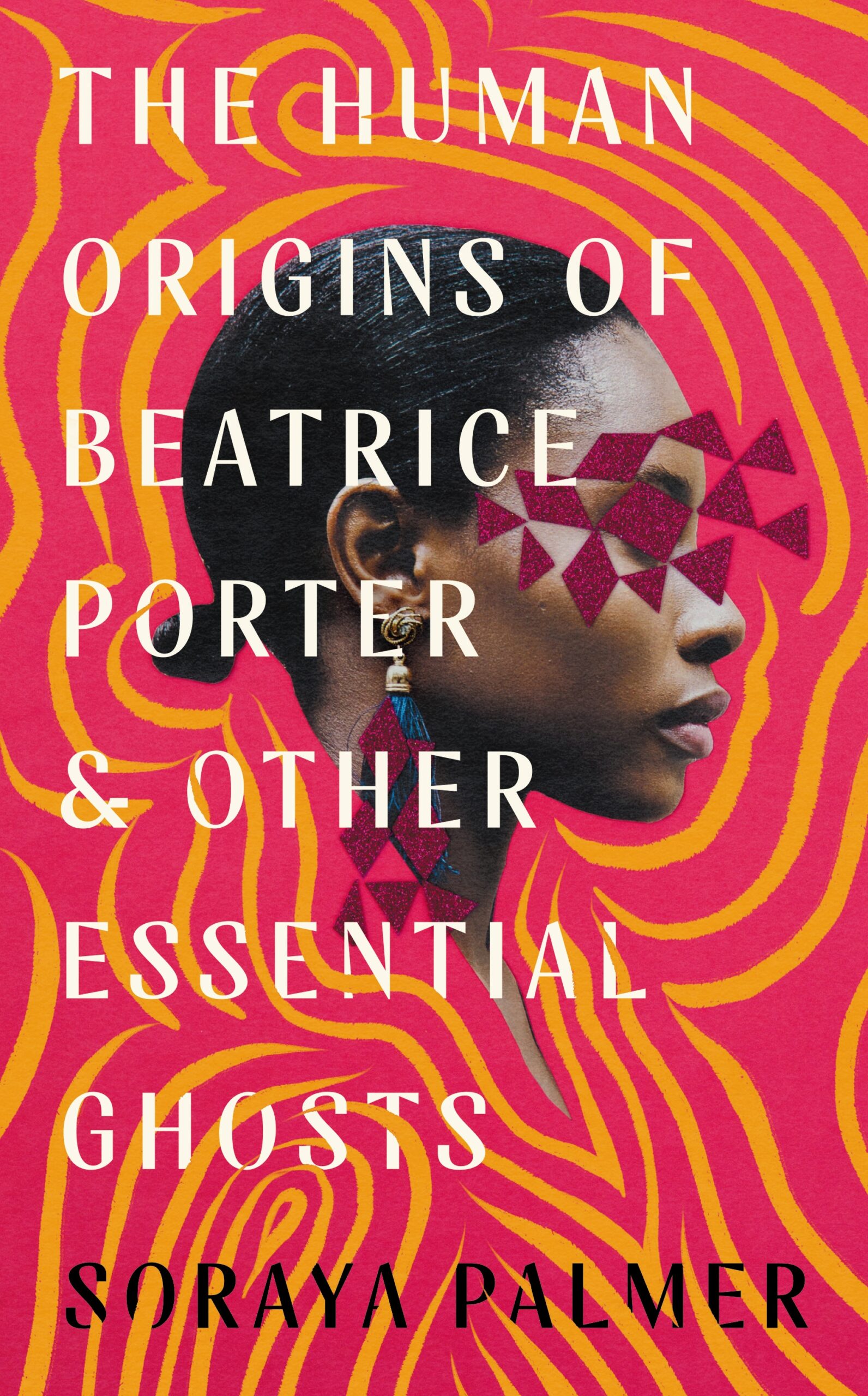
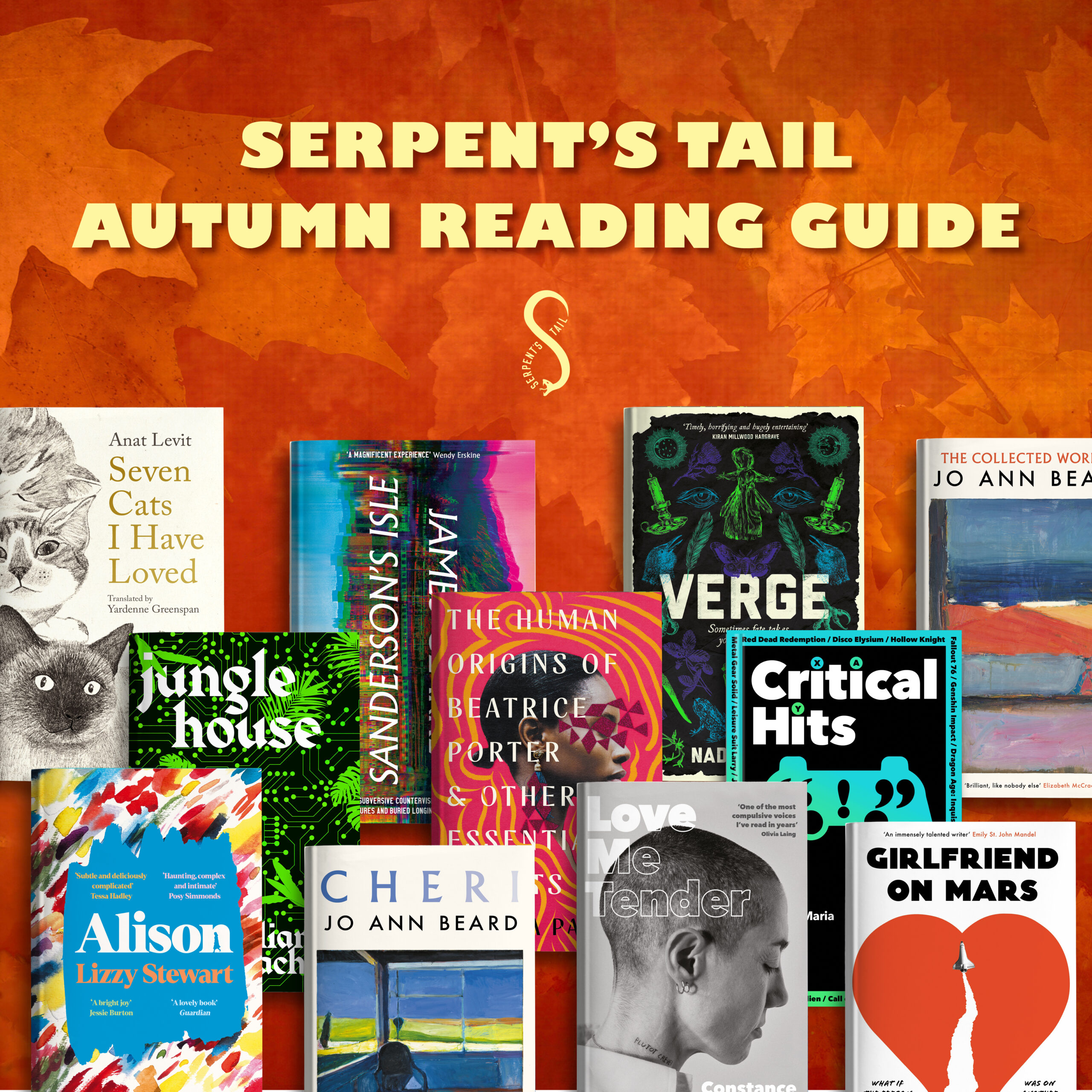
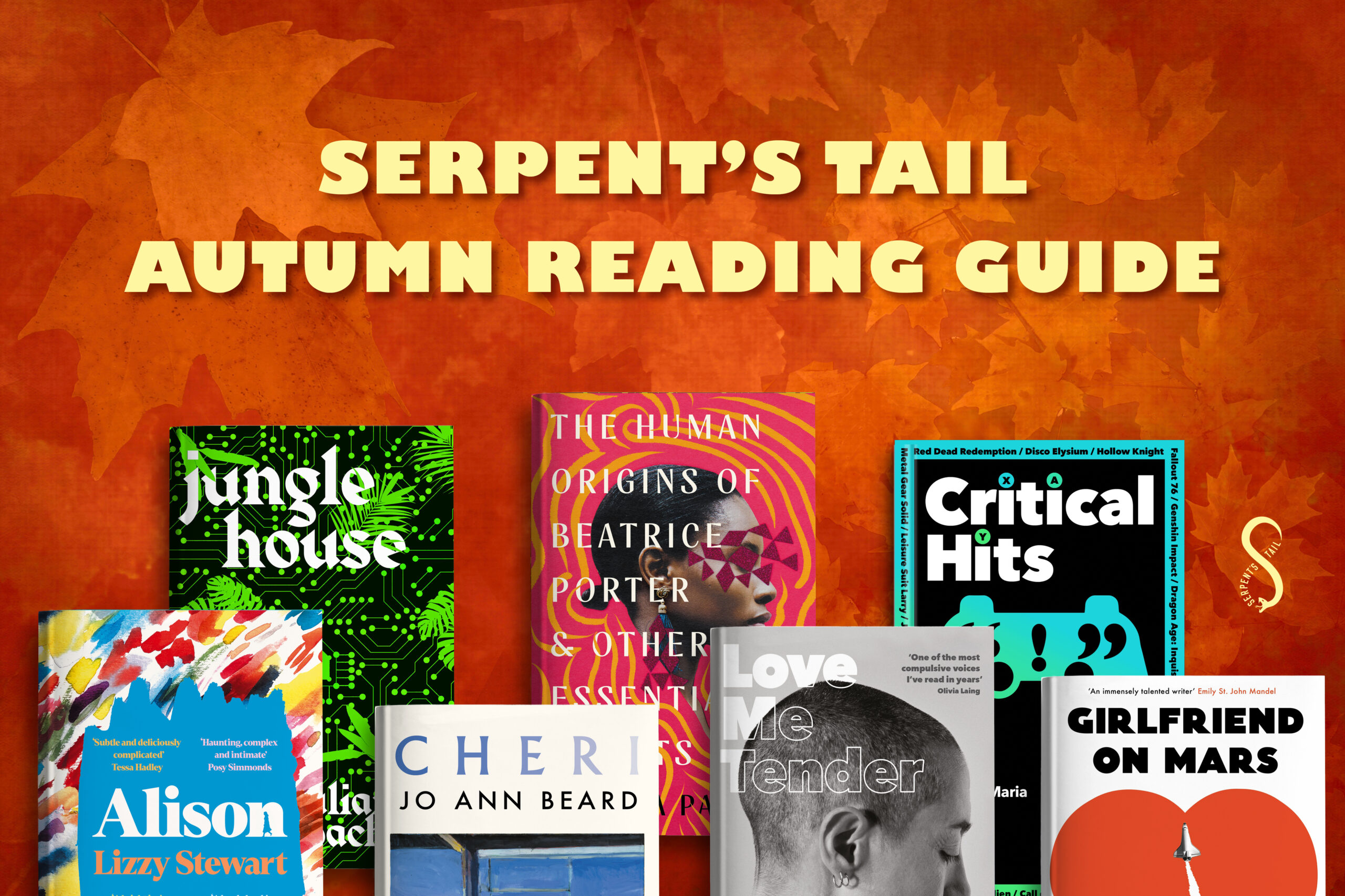





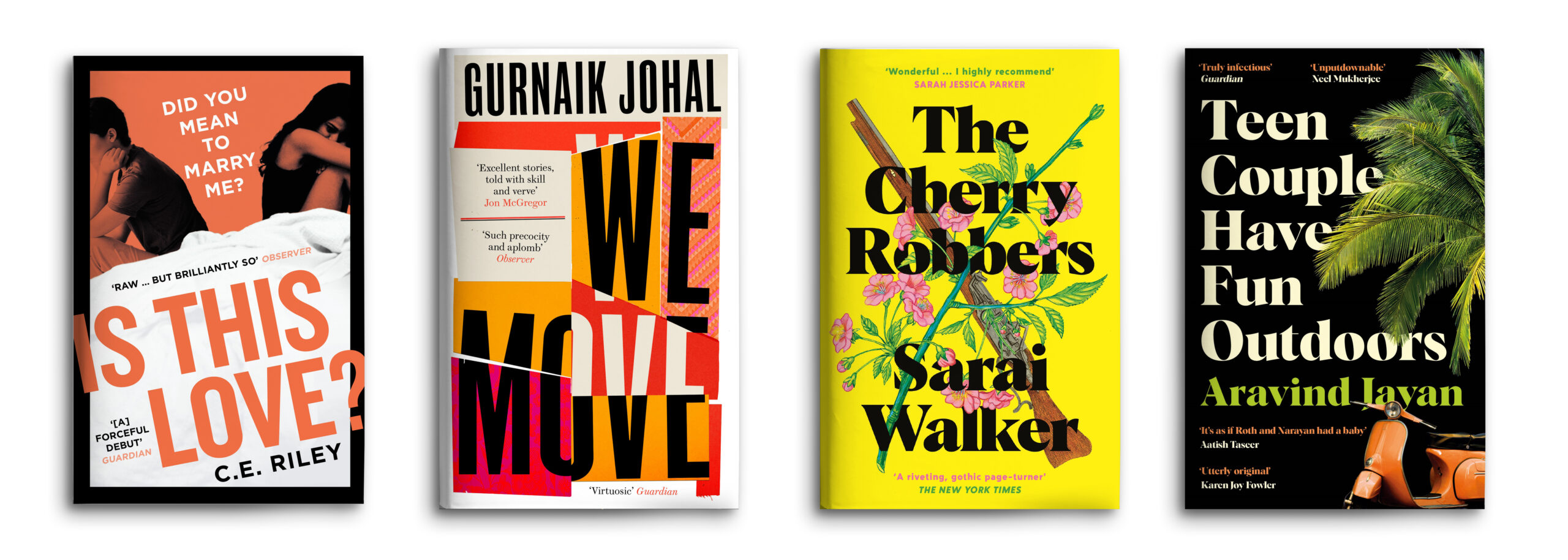

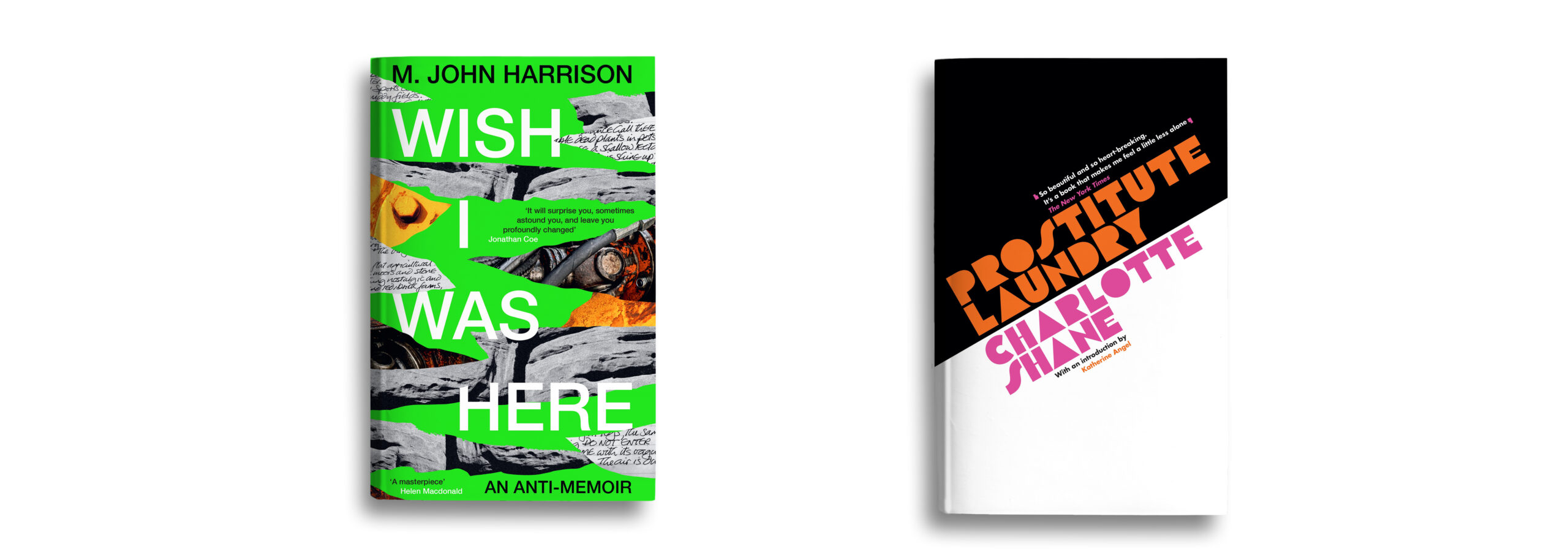


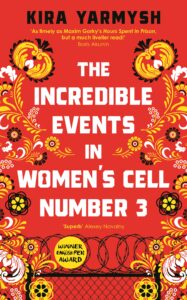

 A Stylist ‘Non-fiction You Can’t Miss’ selection for 2023
A Stylist ‘Non-fiction You Can’t Miss’ selection for 2023


